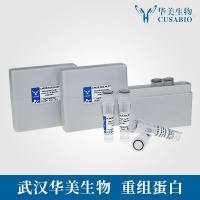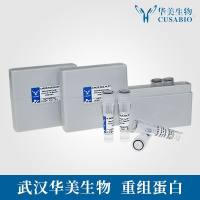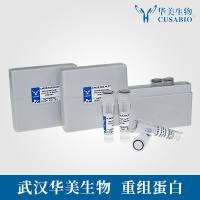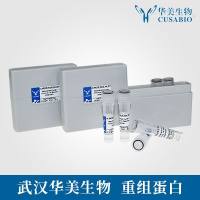Selection of Antibodies Against Biotinylated Antigens
互联网
互联网
相关产品推荐

Recombinant-Mouse-Selection-and-upkeep-of-intraepithelial-T-cells-protein-10Skint10Selection and upkeep of intraepithelial T-cells protein 10; Skint-10
¥11466

Recombinant-Surface-presentation-of-antigens-protein-SpaQspaQSurface presentation of antigens protein SpaQ Alternative name(s): Protein spa9
¥9548

Recombinant-Mouse-Selection-and-upkeep-of-intraepithelial-T-cells-protein-2Skint2Selection and upkeep of intraepithelial T-cells protein 2; Skint-2
¥12152

Recombinant-Saccharomyces-cerevisiae-Bud-site-selection-protein-8BUD8Bud site selection protein 8
¥14140

Recombinant-Mouse-Selection-and-upkeep-of-intraepithelial-T-cells-protein-3Skint3Selection and upkeep of intraepithelial T-cells protein 3; Skint-3
¥12642

